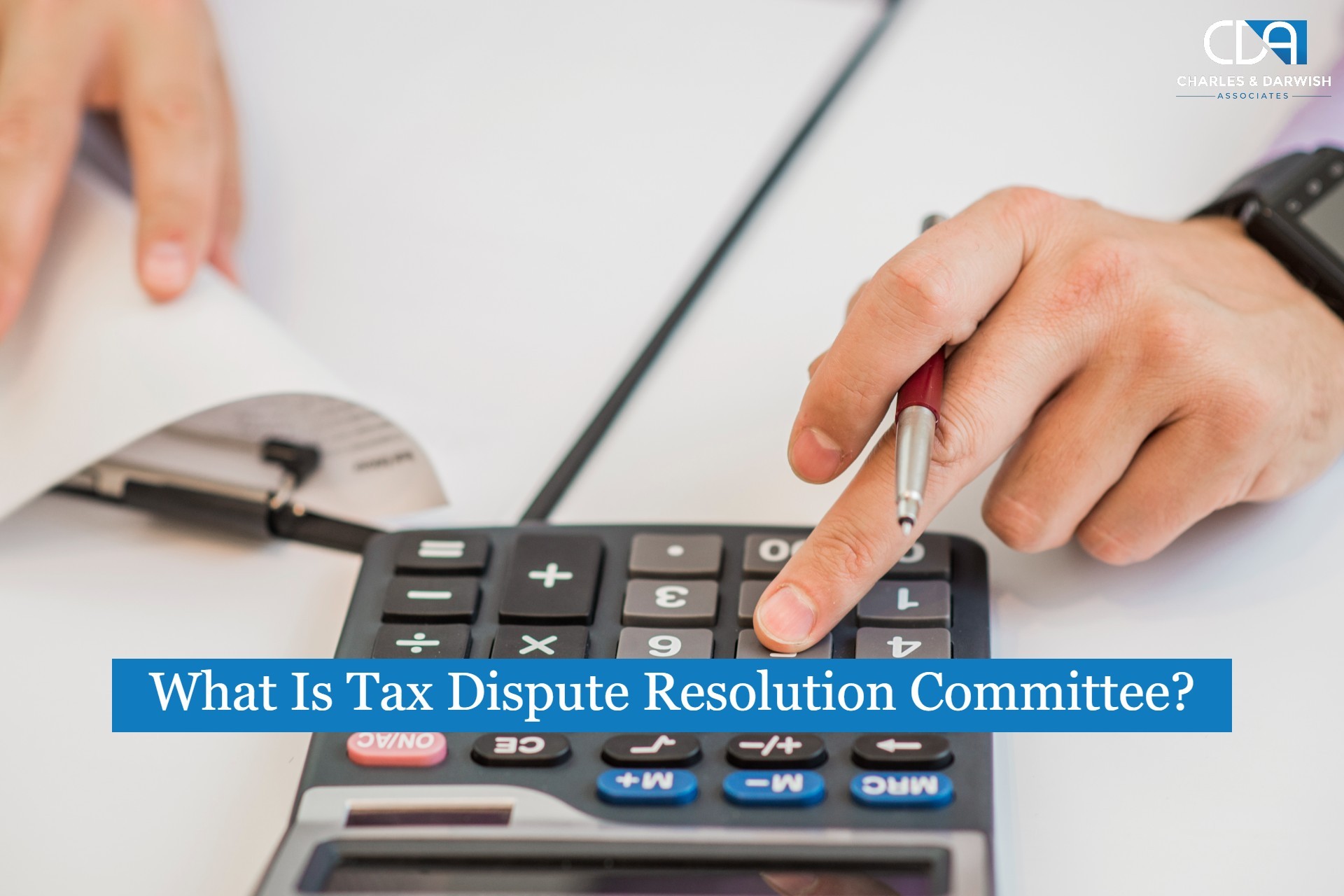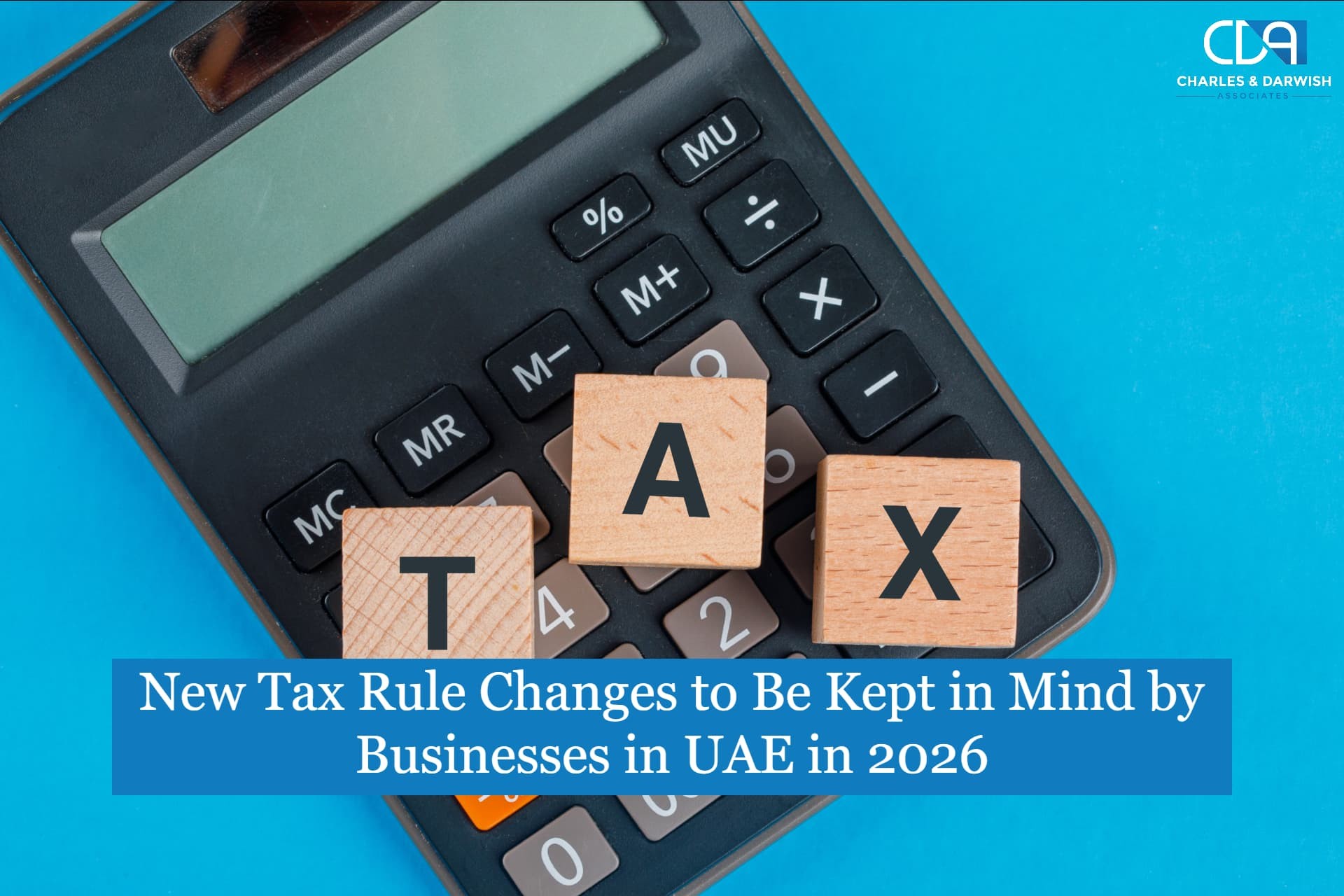Clarification On Non-Residents Corporate Tax Criteria in UAE
The introduction of corporate tax in the UAE on June 1, 2023, brought with it various questions for non-residents doing business in the country. To address these concerns, the Federal Tax Authority (FTA) has issued a comprehensive guide clarifying the criteria for determining which non-residents are subject to corporate tax, the registration process, and taxable income calculation. This blog post aims to provide a clear and concise explanation of these key points, drawing from the official FTA guide and relevant regulations.
Who is a Non-Resident Subject to Corporate Tax?
You, as a non-resident, are liable for corporate tax in the UAE under three main scenarios:
- Permanent Establishment: If you have a fixed place of business in the UAE, such as an office or branch, you are considered to have a permanent establishment and are subject to corporate tax on income generated through that establishment.
- State-Sourced Income: Even without a permanent establishment, you are liable for corporate tax if you derive income from within the UAE. This includes profits from selling goods or services within the country, rental income from UAE property, and other income sources accruing within the UAE's borders.
- Nexus with UAE Real Estate: If you earn income from immovable property located in the UAE, such as buildings or land, you are subject to corporate tax regardless of having a permanent establishment or other income sources in the country.
You can also read: When Does a Non-resident Juridical Person Have a UAE Nexus Under the UAE CT Law?
Registration and Tax Return Filing
If you fit into any of the above categories, you are required to:
- Register for Corporate Tax: Obtain a Tax Registration Number (TRN) from the FTA to comply with tax filing obligations.
- File Corporate Tax Returns: Submit annual tax returns declaring your taxable income and paying the applicable corporate tax.
Taxable Income Calculation
Your taxable income in the UAE comprises:
- Gross Income: All income earned within the scope of your permanent establishment or from state-sourced activities, including income from immovable property.
- Deductible Expenses: Expenses incurred in generating your taxable income, such as business expenses, employee salaries, and depreciation costs.
Guideline Key Takeaways for Non-Residents
The UAE's Federal Tax Authority (FTA) has recently issued new guidelines to clarify the criteria for determining whether non-resident individuals and companies are subject to corporate tax in the country. This comes as the UAE's national corporate tax regime took effect on June 1st, 2023, for selected business sectors.
According to the guidelines, a non-resident individual will be subject to corporate tax if they have a permanent establishment in the UAE and generate over AED 1 million in annual turnover attributable to that establishment. They will also be taxed on any "state-sourced" income, if any, which refers to earnings that accrue or are derived from activities within the UAE.
For a juridical person that is formed outside the UAE, there are three scenarios that make them liable for corporate tax. Firstly, if they have a permanent establishment in the form of a fixed business location or other physical presence in the UAE. Secondly, if they earn state-sourced income from the country,. And thirdly, if they obtain revenues from immovable property assets located in the UAE such as land, buildings, or fixtures, in short, having any nexus in UAE.
You can also read: What is Business or Business Activity?
In these cases where a non-resident entity meets the criteria due to a permanent establishment, state-sourced income, or property nexus, the guidelines stipulate that registration with the FTA and obtaining a Tax Registration Number (TRN) is mandatory. This is to avoid any penalties for non-compliance with the corporate tax regime.
However, the FTA has clarified that non-resident juridical persons deriving only state-sourced income without a permanent establishment or property holdings in the UAE are not required to register for tax purposes. The authority emphasized that reading the guidelines in full provides clarity around tax definitions, rules, and how they apply specifically to non-resident natural and legal persons.
To aid comprehension, the manual also gives simplified illustrative examples. One such case study looks at a non-UAE registered company that has an office in Dubai. As this setup qualifies as a permanent establishment, any profits attributable to this office would be subject to corporate tax. The guide provides step-by-step workings to demonstrate how taxable income is calculated in this scenario.
In addition to laying out the criteria, another key aspect covered by the FTA is registration and compliance procedures for non-resident taxpayers. If a non-resident individual meets the turnover threshold for their UAE permanent establishment or a non-resident company is liable due to having establishment, property, or only state-sourced earnings, they must complete tax registration.
Failure to do so could result in administrative penalties, according to the guidelines. Registered non-residents will then need to fulfil ongoing compliance duties such as submitting annual tax returns, paying any tax amounts owed, and keeping accurate financial records for audit purposes if required. The FTA invites taxpayers to refer to the newly published guide as well as the corporate tax law for full details.
In summary, the new clarity provided aims to simplify the understanding of key definitions and concepts for non-residents under the UAE corporate tax regime. It specifies who needs to assess their tax position and register based on activities and income derived locally. With comprehensive yet simplified information, non-resident individuals and companies now have better guidance on their potential tax obligations and compliance requirements in the UAE. This should help facilitate a smooth transition following the introduction of the national tax framework.
CDA As Your Tax Advisor
Being one of the leading accounting and auditing firms in the UAE, CDA has strived to serve the various requirements of its clientele in the UAE. CDA’s team of professional auditors and accountants is well equipped with the various regulations and standards required to meet the demands of its clients. We are not only limited to auditing and accounting services, but we also provide strategic tax consulting services to our clients. Our best tax advisors at CDA are well aware of the various dimensions of the new corporate tax regime, helping you to simply understand the new CT landscape. To stay compliant and to explore corporate tax in depth, consult our team now.

Mark Thompson
Full-stack Developer, Blogger, and Tech Enthusiast.
Mark specializes in digital marketing, SEO, and content strategy.













